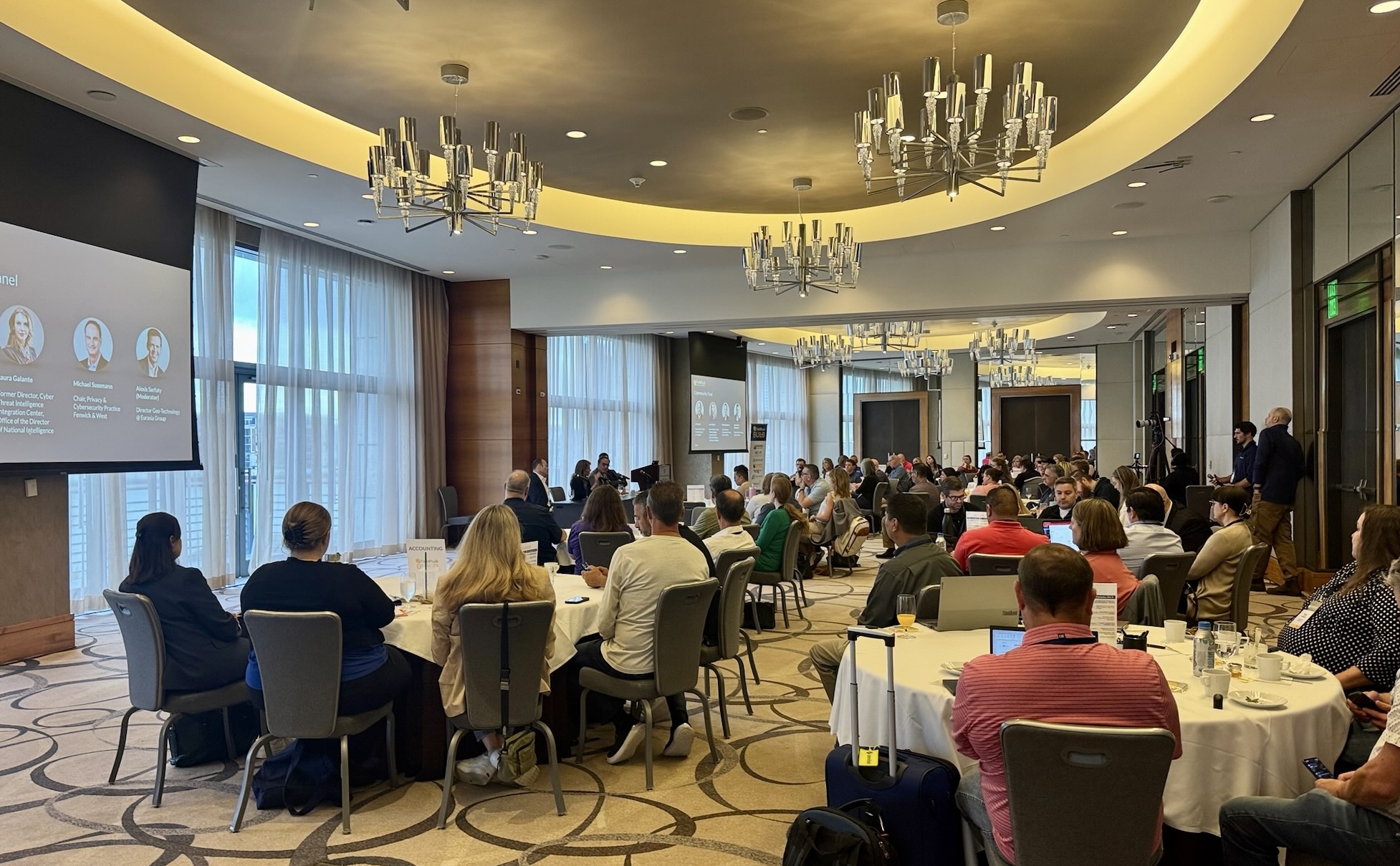features

FieldHub is the modern all-in-one platform for security company operations. This month FieldHub is releasing, out of beta, the Scheduling module, providing integrated work order calendaring for field technicians.
With FieldHub’s Scheduling, work orders are easily drag-and-dropped onto a native calendar. If desired, companies can create multiple calendar views to separately track assignments by job type (e.g. install vs. service), office location or other key differentiators. Dispatch coordinators at the office are able to assign jobs based on skill set or team grouping history, and the calendar dashboard provides clear visibility to when technicians are under- or over-scheduled.
All scheduled appointments sync onto the field technicians’ mobile applications, where those technicians check into projects and manage the work performed. The mobile app syncs with the cloud to maintain core functionality when technicians are in poor data-coverage areas. Technicians’ locations are geo stamped and displayed to dispatchers for real-time status tracking.
All system modules, including Scheduling, are included in FieldHub’s basic pricing with no additional surcharge.
For more information on FieldHub’s Scheduling Module
About FieldHub FieldHub Inc is a developer of SaaS solutions for field service and security integrator businesses. The FieldHub cloud platform offers integrated CRM, field service management, inventory, revenue management, accounts receivable and payable, general ledger, and process management for businesses with field services, project management, inventory, and recurring revenue. For more, visit www.fieldhub.com.

We’re still buzzing from the incredible conversations at FieldHub Build25 in Baltimore. While we spent most of the conference diving deep into platform updates and industry trends, we wanted to do something a little different this year – and it turned out to be one of the most valuable sessions we’ve ever hosted.
We brought together an absolutely stacked panel of cybersecurity experts (their words, but we completely agree): Michael Sussman, who chairs Fenwick’s privacy and cybersecurity practice and was one of the earliest leaders in the field; Laura Galante, former director of the Cyber Threat Integration Center; and Jon Lenzner, former chief of staff to the FBI director. Alexis Serfaty, Director of Geo-Technology at Eurasia Group, moderated what became one of the most engaging and practical security discussions many attendees had ever experienced.

Let’s talk about what happens when your field service platform and accounting software decide they’re not on speaking terms anymore. We’ve heard horror stories from the field: double-billing that damages customer relationships, sync failures that require hours of manual data entry, and that sinking feeling when you realize last week’s invoices never made it to your accounting system.

After almost two-decades in the field service industry, first running Urban Alarm and now leading FieldHub, I’ve encountered many of the same frustrations that security and fire alarm installers and integrators face when it comes to the software tools they rely on. The lack of ownership, combined with outdated, piecemeal software solutions, has been a persistent issue. This challenge isn’t just about inefficiency and weak support; it’s about the very foundation on which businesses are built—technology.